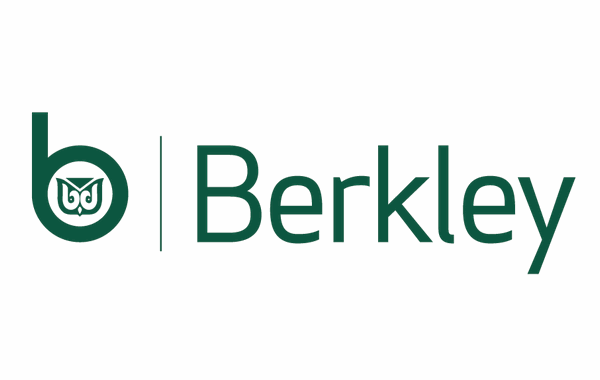Cat pricing may erode, but Lifson Re sidecar helps W. R. Berkley seize the cycle

As we reported recently, US headquartered insurance holding company W. R. Berkley Corporation has continued to expand its Lifson Re collateralized reinsurance sidecar vehicle, which has been a key lever for the firm’s growth into property catastrophe risks at an attractive time in the cycle.
Lifson Re has helped W. R. Berkley to seize the opportunity presented by the reinsurance market cycle in 2023, especially in property catastrophe reinsurance and other areas of cat exposed property business.
As we reported back in November, during the third-quarter, W. R. Berkley continued to expand the subject business funded by its Lifson Re sidecar, ceding additional premium to the structure.
For 2023 W. R. Berkley had raised additional investor commitments for its Lifson Re sidecar, expanding the vehicle’s capital base to $380 million.
W. R. Berkley put that to good use, with $348 million of premiums ceded to the sidecar over the first nine months of 2023, up 13% on the prior year.
Part of that has provided funding support for the re/insurer to write more property catastrophe treaty business, seizing the opportunity presented by the hard market environment.
Participating in the recent Goldman Sachs Financial Services Conference 2023, President and CEO W. Robert Berkley Jr. explained that the company is being selective when it comes to reinsurance underwriting and intends to remain so.
W. R. Berkley has written property catastrophe treaty business through the 2023 renewals, but looking into 2024 it seems that market conditions will dictate how much appetite the company has.
The company expects to remain disciplined at January 1 2024 renewals, while also noting that if weather and catastrophe losses fall lower than expected next year, they expect to see catastrophe reinsurance rates come under pressure.
If anything causes pricing to erode in the property catastrophe space, W. R. Berkley would likely decrease its participation.
The Lifson Re sidecar was cited as a supporting source of capital, that helps W. R. Berkley to offer more competitive terms and capacity to clients, which has been especially important in a market where capacity has been more limited.
It’s important to note though, that even if the property catastrophe reinsurance opportunity is deemed to be waning, the Lifson re sidecar allocates investor capital to a broad portfolio of property and casualty reinsurance treaties that are ceded to it by W. R. Berkley.
So there’s no reason to assume Lifson Re would necessarily shrink just because the parent company deemed the opportunity in catastrophe risks was already seized. W. R. Berkley has the scale and breadth of underwriting expertise to seize the next set of opportunities for the Lifson Re investor base.
Find details of numerous reinsurance sidecar investments and transactions in our directory of collateralized reinsurance sidecars transactions.






